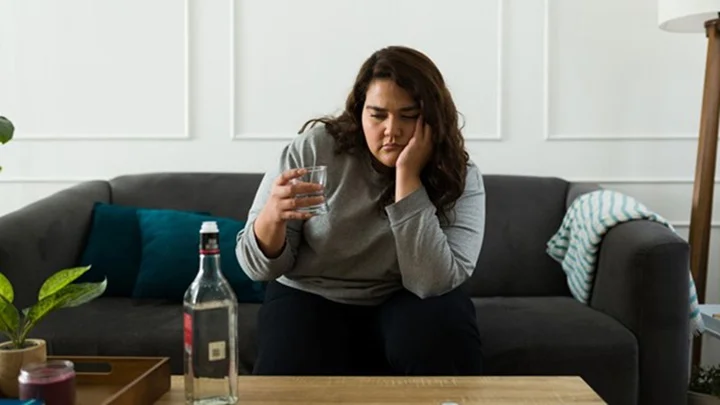Detoxification, commonly referred to as detox, is a crucial first step in the recovery process for individuals struggling with substance use disorders. It involves the body’s efforts to rid itself of harmful substances while managing withdrawal symptoms. The duration of detox can vary significantly based on several factors, including the type of substance used, the severity of addiction, and individual health characteristics. Understanding these factors can help set realistic expectations for those entering detox programs.
General Timeline of Detox
The detox process typically lasts between 3 to 14 days, depending on various factors such as the substance involved and the individual’s history of use. For instance:
Alcohol Detox: Generally lasts 5 to 10 days. Withdrawal symptoms may begin within hours of cessation and can peak around 48 to 72 hours before subsiding.
Opioid Detox: Typically ranges from 5 to 10 days, with withdrawal symptoms peaking within 72 hours and gradually decreasing over a week.
Stimulants (e.g., cocaine, methamphetamine): Detox usually lasts 3 to 5 days, with withdrawal symptoms being less severe but still challenging.
While these timelines provide a general framework, individual experiences may differ significantly due to personal circumstances.
Factors Influencing Detox Duration
Several key factors affect how long detox lasts:
1. Type of Substance Used
Different substances have unique biological half-lives and withdrawal patterns. For example:
Benzodiazepines: May require longer detox periods due to their prolonged effects on the central nervous system.
Heroin: Users may experience acute alcohol withdrawal symptoms that can last longer than those from shorter-acting opioids like oxycodone.
2. Duration and Intensity of Use
The length of time and amount of substance used plays a significant role in determining detox duration. Individuals with a long history of heavy use often face more severe withdrawal symptoms, leading to extended detox periods compared to those with shorter or less intense usage histories.
3. Individual Health Factors
Personal health characteristics such as age, gender, genetics, and overall physical health significantly impact detox duration:
Age: Younger individuals generally detox more quickly than older adults due to better overall health and metabolic rates.
Health Conditions: Pre-existing medical conditions, particularly those affecting liver function or mental health, can complicate and prolong the detox process.
4. Presence of Co-occurring Disorders
Individuals with co-occurring mental health disorders (e.g., depression, anxiety) may experience a more complicated detox process. Integrated treatment addressing both addiction and mental health issues is essential, which can extend the timeline for recovery.
5. Method of Substance Use
The method by which substances are consumed can influence the onset and severity of withdrawal symptoms. For instance, smoking or injecting drugs may lead to quicker onset of symptoms compared to oral ingestion.
The Detox Process
Detoxification typically follows a structured timeline that can be broken down into stages:
Initial Phase (0-12 hours): Withdrawal symptoms begin as the body reacts to the absence of substances. Common symptoms include headaches, nausea, anxiety, and cravings.
Acute Phase (12-72 hours): Symptoms often intensify during this period, potentially leading to severe reactions like delirium tremens in alcohol withdrawal.
Post-Acute Phase (3-14 days): Symptoms gradually subside; however, some individuals may continue to experience cravings and psychological challenges for weeks or months after physical detoxification is complete.
Along with physical symptoms, individuals may also face psychological effects like alcohol cravings or anxiety.
Withdrawal syndrome can be hazardous, especially if severe symptoms such as hallucinations or seizures occur. Therefore, seeking treatment at a rehab center is recommended, where professionals can monitor and manage worsening conditions.
In a medical facility, healthcare providers often administer medications to ease withdrawal symptoms. Doctors may prescribe benzodiazepines to help control seizures and other effects of alcohol withdrawal.
Ongoing Support After Detox
It is crucial to understand that detox is only the first step in recovery. While it addresses physical dependence, it does not tackle psychological addiction or behavioral aspects associated with substance use disorders. Continued support through inpatient or outpatient rehabilitation programs is essential for developing coping strategies, lifestyle changes, and relapse prevention plans.
After detoxification, individuals often engage in various therapeutic approaches such as cognitive-behavioral therapy (CBT), group therapy, and holistic practices like yoga and meditation to support their recovery journey.
Conclusion
Detoxification is a complex process influenced by numerous factors that determine its duration and intensity. Understanding these factors helps individuals prepare for what lies ahead in their recovery journey. It is essential for those seeking help to work closely with medical professionals who can tailor a detox plan suited to their unique needs while ensuring a safe environment throughout the process.
In summary, while detox typically lasts from a few days up to two weeks depending on various factors including substance type and individual health conditions, ongoing support is critical for achieving lasting recovery from addiction.
ALSO READ: Healing and Beyond Bio: Exploring the Path to Total Wellness











